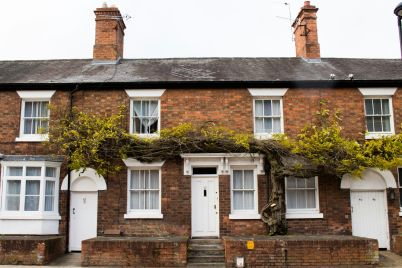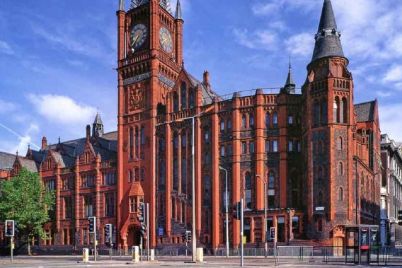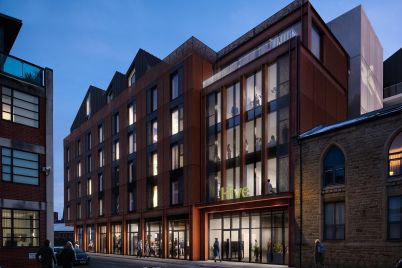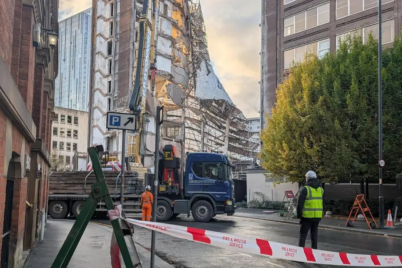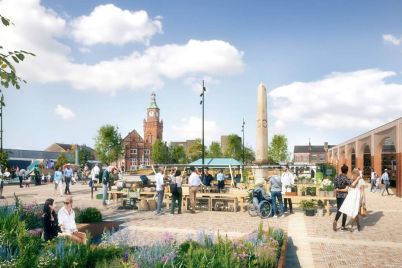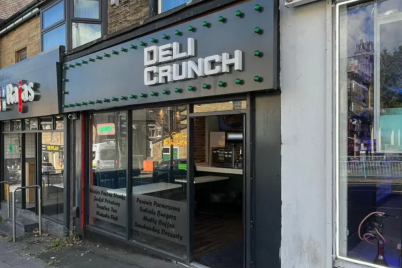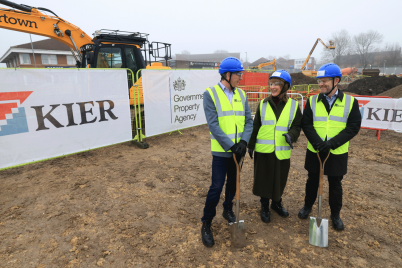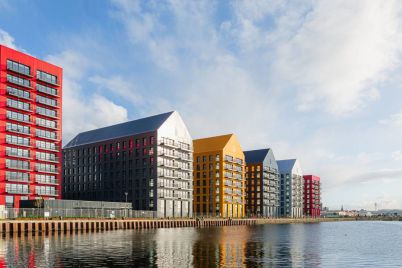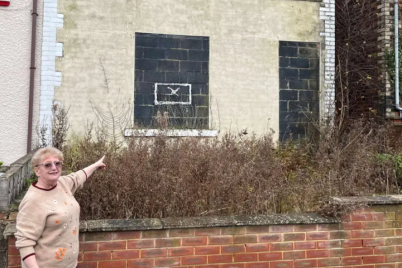Bradford Council has generated more than £22 million from selling off its land and property assets in recent years — but the figure remains well below the £150 million target set to help stabilise its troubled finances. The authority, which has faced severe budget pressures, has been forced to sell sites including a former village hall, car parks, and an outdoor activity centre as part of its ongoing bid to avoid bankruptcy.
The cash-strapped council has been under growing scrutiny as it tries to balance the books following warnings about its financial sustainability. Earlier this year, the government granted Bradford exceptional financial support, allowing it to use money from property sales to fund everyday services such as bin collections and social care — an option normally prohibited under local government rules.
According to data released by the council following a request from Liberal Democrat councillor Alun Griffiths, the authority has sold a range of sites, some for substantial sums. Among the most notable transactions were the former Rhodesway Pool, which fetched £500,000, the Hammerton Filling Station, which sold for £93,000, and a pay-and-display car park in Little Germany, which went for £322,000.
Other assets include Ingleborough Hall, a former outdoor activity centre for children in Clapham, which was sold in August for an undisclosed amount. The council has also announced further disposals, including Bingley Pool, which will soon go on the market, and two car parks on Pine Street in Little Germany, set to be auctioned next month.
Despite the steady stream of sales, the overall total of £22 million highlights just how far the council still has to go. With a £150 million goal in mind, the authority’s reliance on selling physical assets can only go so far — and councillors have acknowledged that this is not a sustainable long-term solution.
Bradford Council has already implemented sweeping cost-saving measures. Earlier this year, it approved £42 million in budget cuts and introduced a council tax rise of nearly 10%, following special permission granted by the government. The measures were seen as necessary steps to avert a financial crisis similar to that faced by other local authorities, including Croydon and Nottingham, both of which have previously been forced to issue Section 114 notices, effectively declaring themselves unable to meet spending commitments.
Council officers and political leaders have defended the asset disposal strategy as a short-term way of keeping essential services running while wider financial reforms take effect. However, critics argue that selling off community assets — including leisure and heritage sites — undermines the long-term social and economic fabric of the district.
A spokesperson for Bradford Council said the authority continues to review its portfolio of properties and land to ensure “maximum value” for taxpayers while balancing the need to maintain vital public services. They added that while the sales have provided crucial breathing space, the council remains committed to identifying more sustainable funding models in the future.
The financial pressures facing Bradford are not unique. Across the country, local authorities have struggled with rising social care costs, inflation, and cuts to central government funding, leaving many on the brink of insolvency. For Bradford, property sales have provided temporary relief — but they cannot replace the need for a viable long-term financial strategy.
As one finance analyst reportedly noted, the problem with selling assets is that “you can only sell them once.” That reality leaves the council with difficult choices ahead as it tries to find lasting solutions to a structural funding gap.
With the government’s temporary financial support set to run its course, Bradford Council’s leaders face the task of rebuilding public confidence while ensuring the district’s services remain viable. The disposal of land and buildings may buy time — but as the experience of other councils has shown, it is no substitute for a balanced and sustainable financial future.




